The Rev. Nelson Nissley, an associate pastor of a Baptist church in Kansas City, Missouri, was leary when the COVID-19 vaccine rolled out earlier this year. “It’s like how do they have a vaccine already?” he said. “That’s just too iffy.”
So he watched and waited as others got vaccinated. And, because the Rev. Nissley shuns mainstream media — he dislikes CNN and FOX News alike — he did his own research, trying to understand the science behind mRNA vaccines.
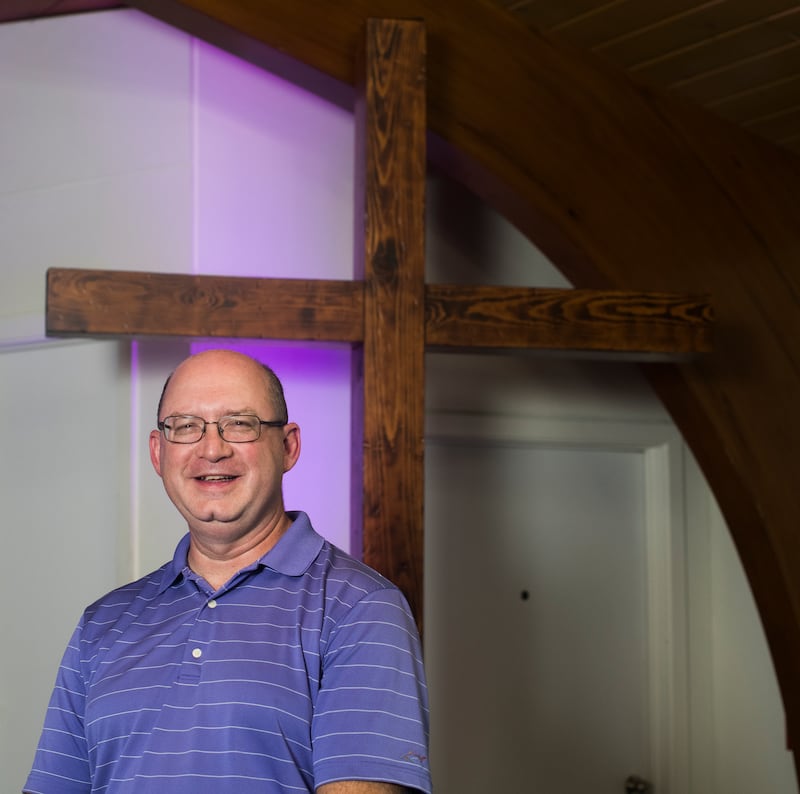
As he researched, he also saw that some members of his own congregation, Tower View Baptist Church, got vaccinated and had no ill effects. His four children were vaccinated, too, and were fine. But the real tipping point was a desire to be with his young granddaughter, who was born just before COVID-19 hit.
“To be around her, we had to (be) outside and we had to mask up. It was bothersome,” he said, because he was “finally a grandfather” and yet, he couldn’t be indoors with his first grandchild, let alone hold her close. So the Rev. Nissley got his first shot in April and then his second in May.
In the official parlance, the Rev. Nissley would be known as “vaccine hesitant.” His story — of going from hesitant to fully vaccinated — reflects the way attitudes toward both COVID-19 vaccines and the pandemic itself are shifting across the country among different religious groups.
Even white evangelicals — one of the groups with the highest proportion of vaccine hesitant and refusers — are changing. In March, less than half (45%) of white evangelicals said they would get the vaccine, according to a study conducted by the Public Religion Research Institute and the Interfaith Youth Core, with more than half saying they were either hesitant or that they would refuse to get the vaccine.
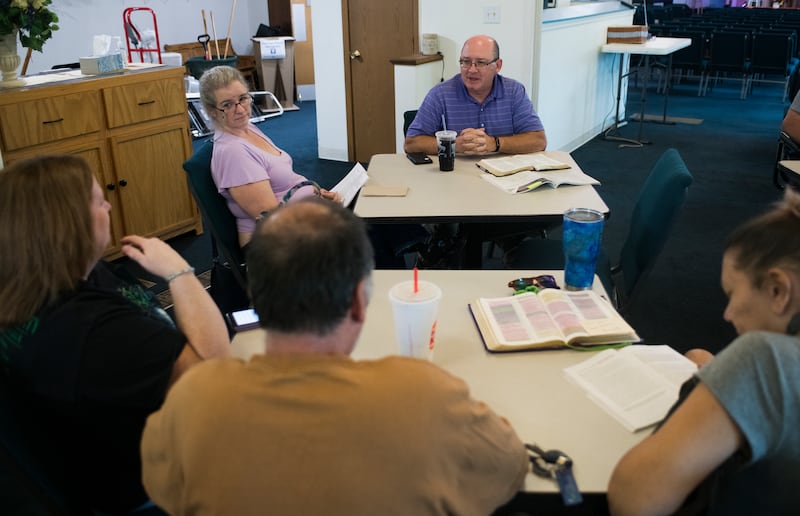
But by June, those numbers had flipped, with a majority (56%) of white evangelicals falling, instead, into the “vaccine acceptance” category — an 11 percentage point increase, according to the Public Religion Research Institute and the Interfaith Youth Core’s latest numbers.
Hispanic Protestants, another group that was below 50% acceptance in March, have also changed, going from a 43% acceptance rate to 56% in June. Black Protestants, who initially ranked fairly high on both hesitation and refusal, have shown even bigger shifts: In June, 66% were vaccine acceptant, as compared with 49% in March. The number of vaccine hesitant Black Protestants has also dropped by 11 percentage points. And, in March, nearly 1 in 5 reported that they would refuse the vaccine, and now only 13% would refuse.
Faith and family
In Corsicana, Texas, First Baptist Church’s the Rev. Danny Reeves, who is unvaccinated and is now recovering from COVID-19, has publicly urged Americans to learn from his experience. Speaking to the local Fox affiliate, he said, “I do not tell you this lightly, I fought for my life.”
As he was admitted to the intensive care unit, a doctor told him he “needed to have a reality check that I could die,” the Rev. Reeves said. Speaking of his time in the hospital, he said, “I cried in here, I had emotional moments in here, I had regret in here.”
“I’m big enough and humble enough to say that I was wrong and if my survival and story can be a blessing to others then I pray it is,” he added.
The Rev. Reeves has continued to document his illness and recovery — which has been rocky — on Twitter. “PLS GET VAXED!” he tweeted, along with a picture of the fistful of medicine and vitamins he is currently taking, on Day 31 of his battle with COVID-19.
While the number of the vaccine hesitant have shifted, vaccine refusers remain the most difficult group to reach, with their numbers holding fairly steady. At 24%, white evangelicals still have the highest proportion of vaccine refusers.
Though the Rev. Paul Van Noy, of Candlelight Christian Fellowship, came down with COVID-19 in September 2020, he remains unvaccinated and said he will not get the shot.
“My view on the actual virus has not changed,” he told Deseret News via phone. “My view is that it is serious and that people must be cautious and careful with one another and that we should be mindful to do what we can to keep others healthy.”
He is skeptical about masks, as well, and was adamant that the vaccine might actually be more dangerous than the virus itself. “One of the things that I am concerned about presently is that we are being lied to by the mainstream media and our medical professionals about the safety of the vaccine,” he said. “We don’t know what (the vaccine) will do long term.”
While “nothing” could bring him into the vaccine acceptance camp, the Rev. Van Noy said he doesn’t push his congregation in one direction or another. The choice to get vaccinated or not is a personal decision, he said.
A July survey conducted by the Kaiser Family Foundation found that attitudes like the Rev. Van Noy’s are common among those who say they will “definitely not” get vaccinated, with more than half reporting that they believe the vaccine poses a greater risk to their health than COVID-19 itself.
Nonetheless, faith-based interventions could reach some of these vaccine refusers. Of the vaccine hesitant who regularly attend religious services, 38% reported that faith-based outreach might help persuade them to take the vaccine; 19% of vaccine refusers who regularly attend religious services said the same.
Notably, faith-based interventions could even help nudge some Americans who “seldom” or “never” attend a house of worship over the vaccine line: Nineteen percent of the vaccine hesitant who don’t attend religious services conveyed openness to faith-based interventions as did 7% of the vaccine refusers who seldom or never participate in religious services.
But the most effective intervention, as the Rev. Nissley’s story reminds, is family.
“Family is by far the most powerful motivator for vaccine acceptance,” stated a new report from the de Beaumont foundation.
An emotional toll
Regardless of the reason why one gets vaccinated, the Centers for Disease Control and Prevention said that vaccination remains the best way to protect oneself against surge of the new delta variant, which seems to be more transmissible than the version of the virus that initially emerged in 2019. However, experts warn, if broad segments of the country remain unvaccinated, not only will the delta variant spread but new mutations of the virus will continue to pop up. Already, a variant scientists are calling “delta-plus” has been detected both overseas and in the United States. There is also the lambda variant, which has recently appeared in Texas and Louisiana.
Amid the whiplash of being told that we were heading into a “summer of joy” and that the vaccinated could shed their masks — only for that advice to be reversed and to watch hospital wards fill with the sick again — Americans are feeling discouraged and dispirited.
In June, 89% of Americans felt that the coronavirus situation was getting better, according to Gallup, but in July that number plummeted to 40%.
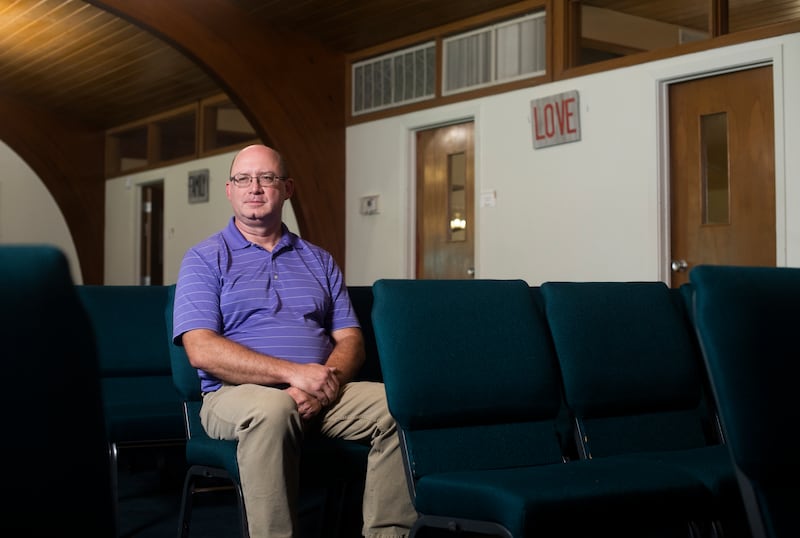
The Rev. Nissley sees the emotional toll in his church.
Last Sunday, they just reopened the church nursery; the following day, Kansas City reinstituted mask mandates. While his church was planning to stop the radio transmitted services it began last year — which are conducted, in part, from a makeshift pulpit in the back of the Rev. Nissely’s pickup truck — he and the lead pastor are considering continuing.
“It’s discouraging and I thought, ‘Man, we were over this and we’re not,’” he said.
The Rev. Nissley, who is also an U.S. Army chaplain who did three tours overseas, said he is trying to keep his congregants’ spirits afloat by helping them put things in perspective. “I try to tell people, ‘Yeah, this sucks but this isn’t World War II when the whole world was literally falling apart. This is still temporary.’”

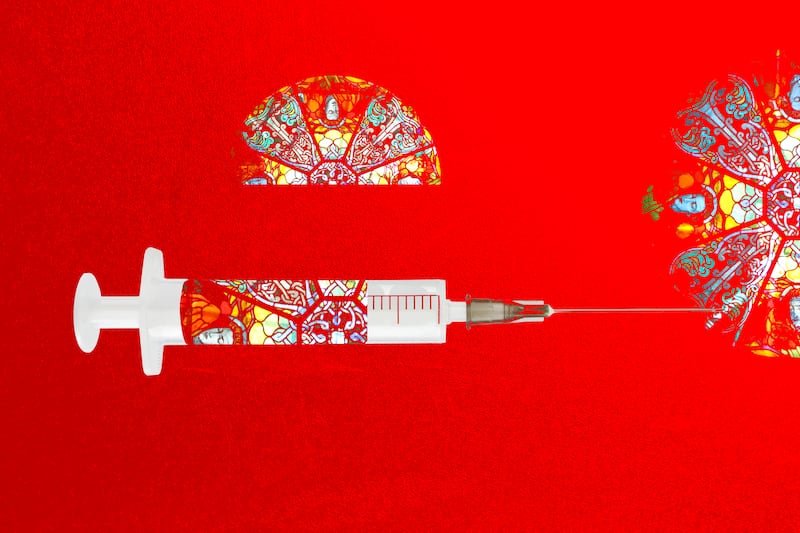
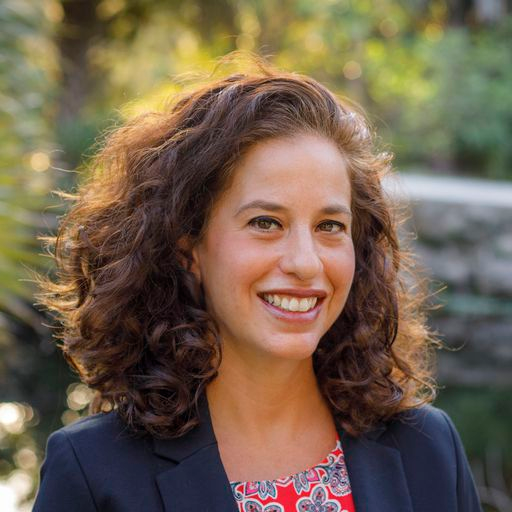 alt=Mya Jaradat
alt=Mya Jaradat